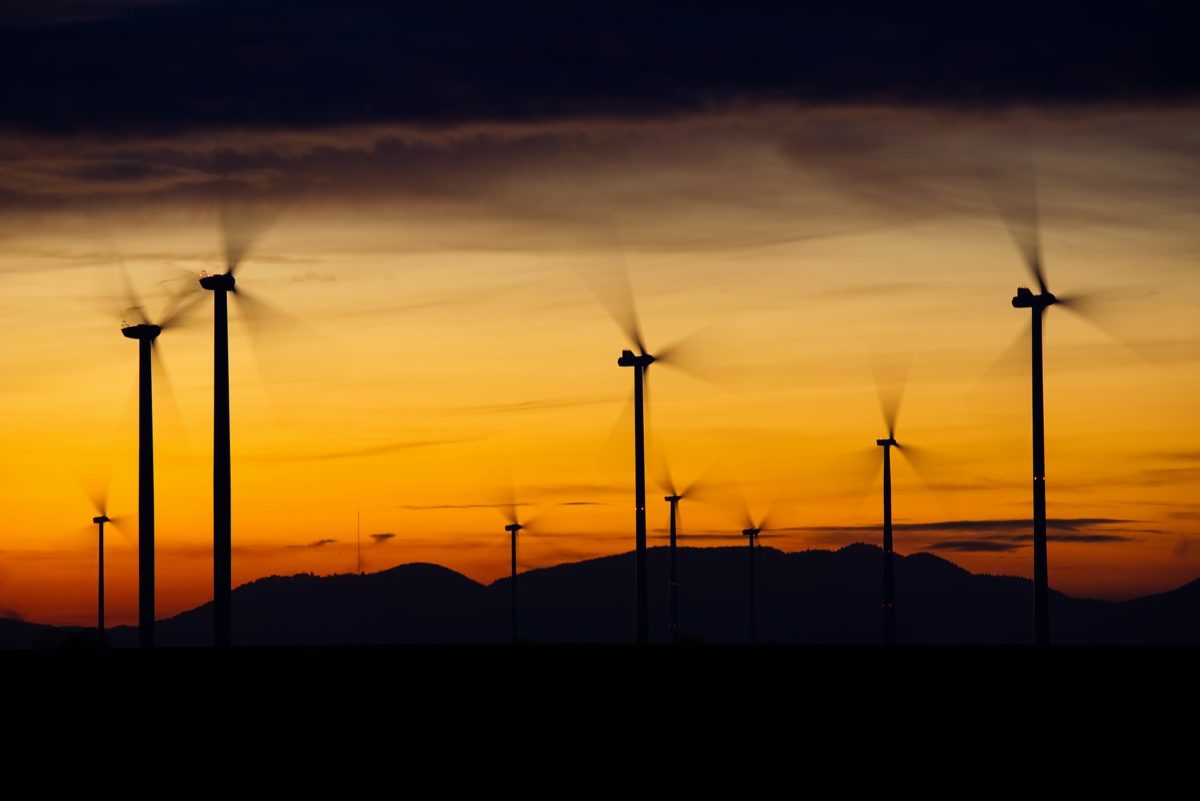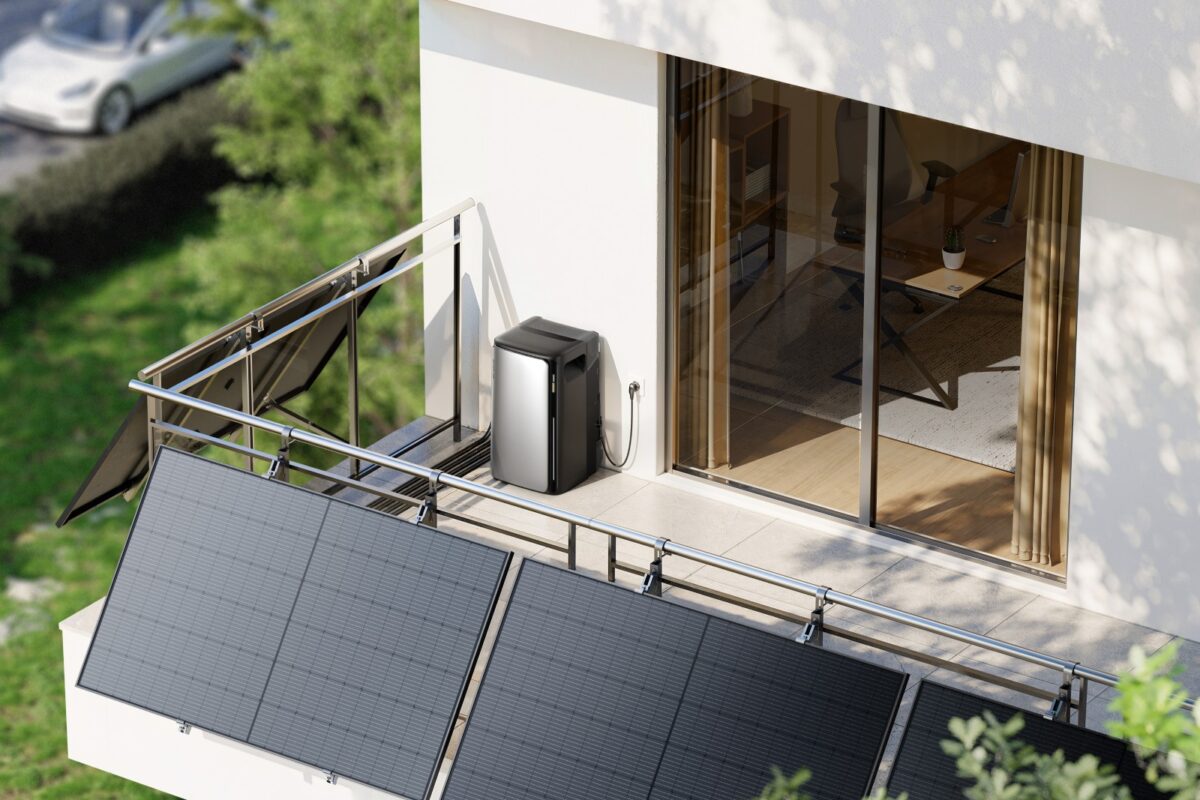A study published by a German clean energy research institute has predicted varying capital costs across Europe are likely to skew investment into wind-rich, high energy demand nations such as Germany, France, Austria and Belgium.
Capital costs show clear north-south and east-west divides across Europe, according to the DLR Institute of Networked Energy Systems, which favor investment in capital intensive wind farms, onshore and off.
By examining the weighted average cost of capital (WACC) in different parts of Europe, the researchers considered how clean energy investment could develop in two scenarios: One which posited a uniform 7.1% cost of borrowing across the continent and a second in which the disparities expand to double their current divergence.
The latter scenario could hobble PV investment in Eastern European nations such as Czechia, Croatia, Hungary and Serbia due to a combination of higher borrowing costs and proximity to low-cost capital nations Germany and Austria.
“Overall, it has been demonstrated that diverging WACC leads to an increased inequality in regional expenditure for electricity and a reduction of levelized costs of electricity – driven by changes in regional investment and resulting changes in regional generation and electricity penetration,” the researchers wrote in the paper How regional differences in cost of capital influence the optimal design of power systems, published in Applied Energy and on the ScienceDirect website.
The study predicted the high cost of capital in sun-rich nations could raise the levelized cost of solar energy around 6%.
This content is protected by copyright and may not be reused. If you want to cooperate with us and would like to reuse some of our content, please contact: editors@pv-magazine.com.





“…two scenarios: One which posited a uniform 7.1% cost of borrowing across the continent and a second in which the disparities expand to double their current divergence.”
Why should we take this seriously? Within the eurozone, borrowing rates for a representative corporate customer are far more likely to converge than diverge. The current renewables investment boom in Spain and Portugal does not suggest that strong developers (and the ones around today are the survivors of a brutal winnowing) have difficulties in raising the capital they need.